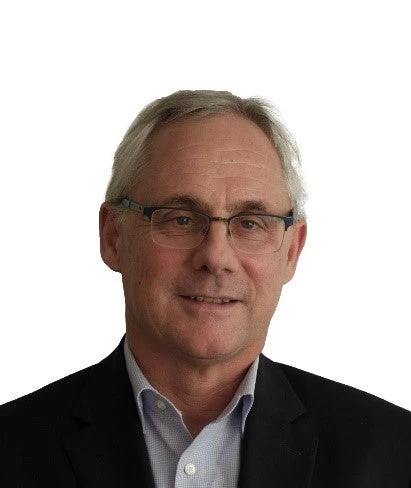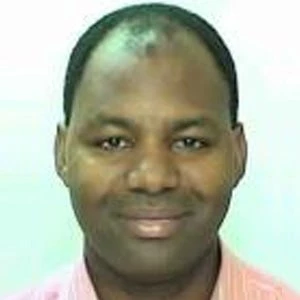[[avp asset="/content/dam/videos/backup/2018/jun-82/residents_of_yamoussoukro_get_access_to_safe_drinking_water_basic_-_small.flv"]]/content/dam/videos/backup/2018/jun-82/residents_of_yamoussoukro_get_access_to_safe_drinking_water_basic_-_small.flv[[/avp]]
The story of a country’s economic development is often told through the lens of new roads, factories, power lines, and ports. However, it can also be told through the voices of everyday heroes, individuals who have taken action to improve their lives, and those around them. In this blog series, the World Bank Group, in partnership with the Ivorian newspaper Fraternité Matin and blogger Edith Brou, tells the stories of those individuals who, with a boost from a Bank project, have set economic development in motion in their communities.
Just a few months ago, the residents of the Dioulakro neighborhood located on the outskirts of Yamoussoukro (commonly referred to as Yakro by Ivorians) had to struggle every day to get drinking water. Ms. Bahlala still recalls the long hours that she spent in front of the neighborhood well to which people had flocked by daybreak. “I would be up by 4 am. Standing in line to collect water took up a large part of my daily routine, but it was a matter of survival for my family, and many others. I have painful memories of that time, because without water, there is no life.”
Further away in the Morofe Est extension neighborhood, Die Konan is proudly quenching his thirst with water that is now available at all times. However, this Sucrivoire company retiree who returned to his homeland in 2005 has the same memory. “My entire family, including my wife and children, had to travel great distances to collect water from the river, way across the city. We had to fill up cans and carry them back here. We weren’t even sure how clean the water was, but we had no choice. Our well had dried up. We often couldn’t bathe.”
These two testimonials remind us that access to safe drinking water is not yet automatic for some Ivorians. In 2014, it is estimated that 70% of urban households had access to safe drinking water, albeit with significant differences depending on the location and income group. For example, the poorest households in secondary towns had little chance of having access to water, while the wealthy in Abidjan were almost certainly connected to the water supply network. In addition, this rate was well below rates in neighboring countries such as Senegal (98%) and Burkina Faso (86%).
This observation prompted the World Bank to finance the Infrastructure Renewal and Urban Management Project (PRICI) to assist Côte d’Ivoire in its efforts to expand access to safe drinking water for all its citizens. The basic infrastructure in Yamoussoukro, the country’s political capital, has crumbled over the past 30 years, owing to lack of investments and maintenance, particularly during the crisis that plagued the country this past decade. In a nutshell, the existing water facilities were no longer meeting the needs of the people. To address this situation, PRICI pumped over CFAF 13 billion into works to improve the drinking water supply and expand street lighting.
These new investments have helped over 150,000 people residing in 11 neighborhoods on the outskirts of Yamoussoukro gain direct access to safe drinking water. As a result of these water piping works, the towns of Sinfra, Tiébissou, Bomizambo, Kondé Yaokro, and Lolobo, as well as all the villages located along the Yamoussoukro-Tiébissou and Yamoussoukro-Sinfra highways, now have access to drinking water. The project could potentially benefit over 300,000 people!
The stakes are high given that the issue of universal access to safe drinking water has already led to throngs of Ivorians protesting on the street. Access to water is indeed indispensable to health and quality of life. A host of diseases and epidemics are caused by poor water quality, and newborns and young children are the first victims. Easy access to water also helps considerably reduce the time spent on household chores, as fetching water at the well or nearest water point, which is sometimes several kilometers away from the home, is still often the main task assigned to women and children.
While there is no doubt that access to safe drinking water is a universal right, several questions must be raised with policy makers, including the following:
- While a connection is the first step to gaining access to drinking water, shouldn’t the water also be high quality and inexpensive, with few disruptions in service? How would you measure these three parameters in Côte d’Ivoire?
- Do you think that drinking water should be free for all Ivorian households, or at least for the poorest? If so, how should it be subsidized to maximize impact and minimize costs to the State?
This is the eighth blog in the series “Every Story Counts”, produced by the World Bank office based in Abidjan, Côte d’Ivoire



Join the Conversation